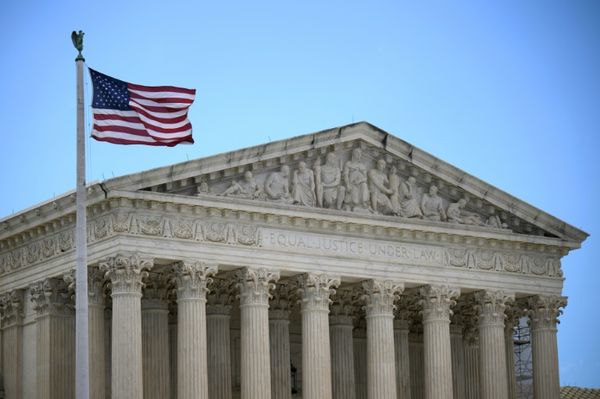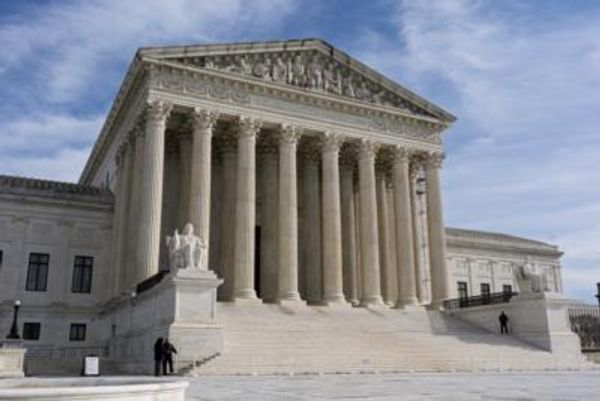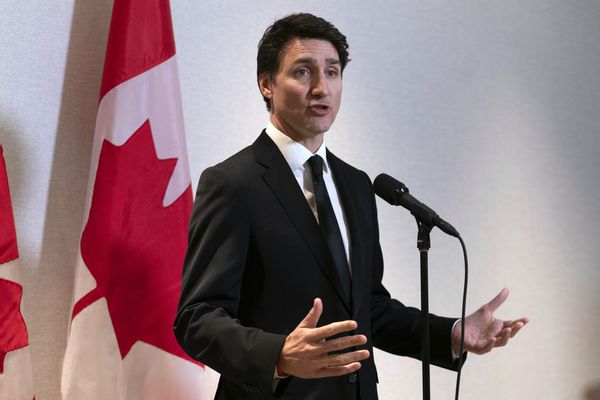Billionaire wealth — on paper, at least — has tumbled dramatically during Wall Street’s recent turmoil, illustrating important lessons for everyone about the ephemerality of stock gains and losses.
Why it matters: Net worth is something of a public obsession, and a bit of a chimera avidly followed by publications like Bloomberg or Forbes. Yet the stark reality about paper wealth – especially fortunes tied to volatile technology stocks – is that it can be ephemeral, and attempts to put an exact figure on it can be misleading.
- Elon Musk, Jeff Bezos and Bill Gates are hardly paupers. But their fortunes, (most of which are linked to the value of shares in the companies they founded, wax and wane dramatically, and are largely subject to fickle market forces.
- Musk, technically the richest person on the planet — again, on paper — isn’t liquid enough to write a check to buy Twitter outright. That inconvenient truth has weighed on Tesla’s stock.
And it’s not just the rich: This week, JPMorgan estimated that American nest eggs have seen a collective $5 trillion evaporate in recent months, and that figure could nearly double by year’s end.
What they’re saying: The euphoria of watching stocks in a portfolio is great, but the inevitable fall to earth can be much tougher to digest.
- “There’s a large difference between decline and loss, and I think that’s the main thing here,” Zach Stein, chief investment officer at Berkeley, Calif.-based Carbon Collective, tells Axios.
- “For an individual that distinction is really important to hold, as humans we’re focused a lot more on loss than gain.”
There’s a lesson for retail investors, or someone watching the swings in their retirement account. The focus should be on a balanced portfolio — and the long term. Strong markets lure investors into betting too heavily on riskier investments.
- “This tracking of every lost and gained billion for the richest among us amplifies the misconception of many that investing is more about gambling for large gains or losses and shifts the attention away from the true magic of patient and disciplined financial planning,” Burt White, Chief Strategy Officer at Carson Group, with $20 billion in assets, tells Axios.
Editor's note: This piece was updated to reflect that Burt White is Chief Strategy Officer at Carson Group.







